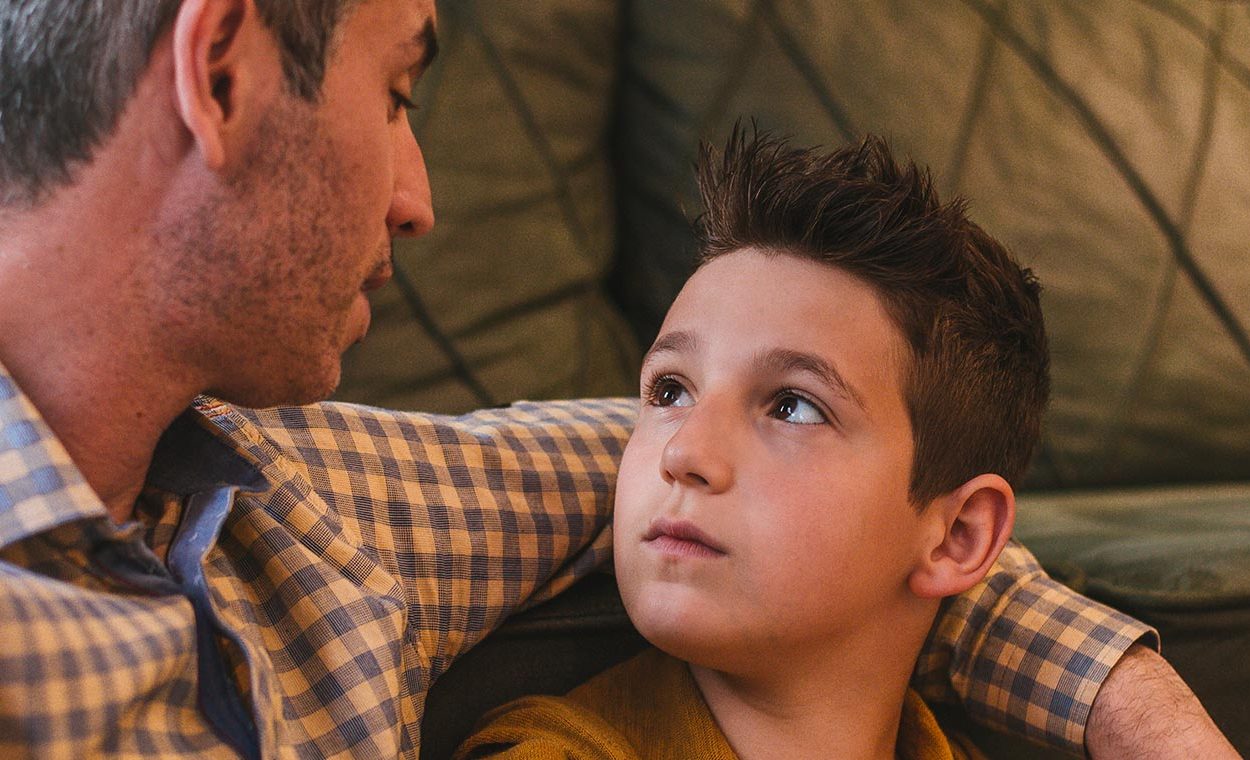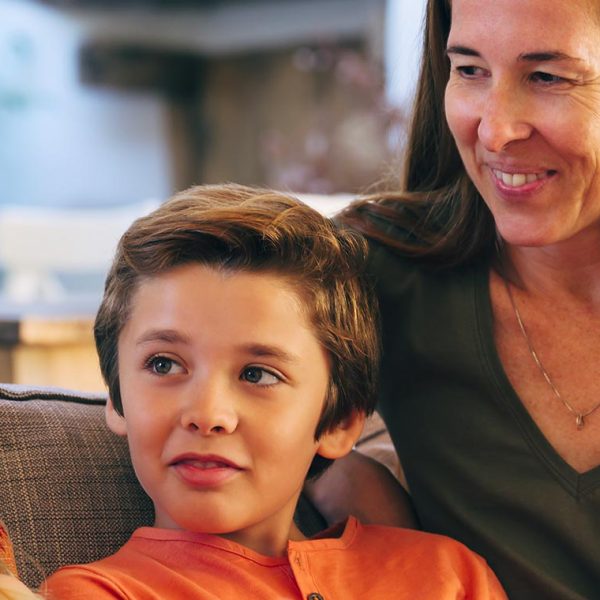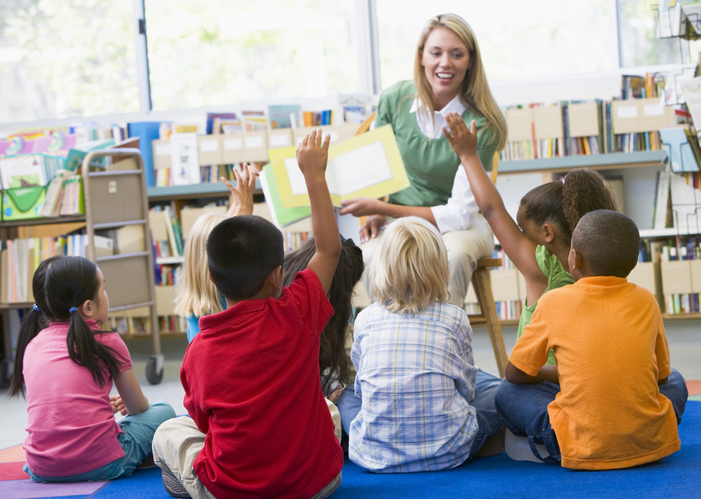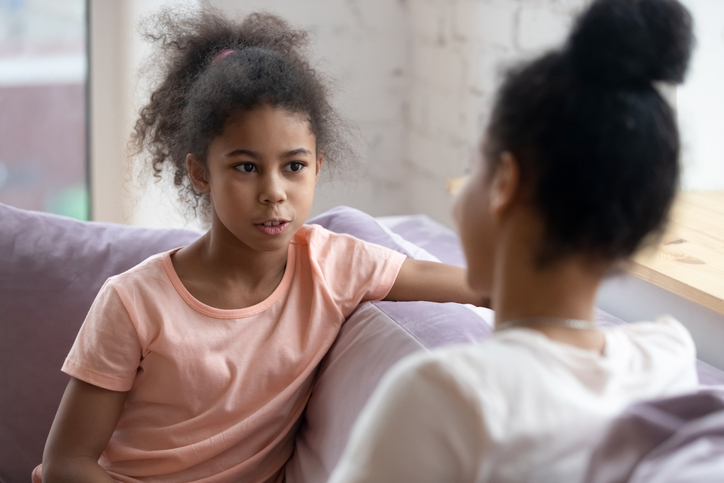Sadly, the sexual abuse of children is a reality that all parents must consider. It is vital for parents to do their best to ensure their children are protected.

How to Keep Your Children Safe from Sexual Abuse
Sadly, the sexual abuse of children is a reality that all parents must consider. It is vital for parents to do their best to ensure their children are protected.
Educating our children on the subject of sexual abuse is the foremost way to help prevent it. How can you broach the subject? How can you recognize signs of sexual abuse, and how should you react? This article helps to answer these questions.
How Can You Speak to Your Children About Sexual Abuse?
Good Communication | From a very young age, establish open, non-judgemental communication with your kids. Allow them to speak freely and comfortably, curbing your reactions so that they can be confident in doing so.
Education | Teach your children the appropriate names for their genitalia without bringing awkwardness or shame to the subject. Broach the subject of sexuality as they start to ask questions. Let them lead the discussion, educating them according to their personal understanding of the subject. It is the parent’s responsibility to educate children about sex. Be careful not to create an environment where the topic of sex is taboo.
Positive Attitude | Your attitude towards answering sexual questions will have one of two effects. If you are reactive to their questions, as surprising or uncomfortable they may be, your child will learn to shy away from being open with you, weary of upsetting you. If you are calm and listen openly to your child’s inquiries, they will feel more relaxed and open to posing any questions they may have.
My Body Is Mine Alone | From a very early age, help your child understand that their bodies are theirs and theirs alone. Be clear that no one has the right to touch or look at their naked body. Explain to them that if ever someone tries to look at or touch their private parts, they should clearly and strongly say NO! and come tell you.
Do Not Speak to Strangers | Teach your children that they should never speak to someone they don’t know, and if ever they find themselves lost or separated from you, to look for a police worker, security worker, or a local employee.
Conscience-Wise | While your child may not understand the concept of their conscience, encourage them to listen to their inner voice. If something makes them feel uncomfortable or wrong, teach them to clearly say “no” and come tell you about it.
Two Types of Secrets | Clearly explain the difference between a good secret and a bad secret. A good secret is a surprise that will bring happiness to someone. A bad secret is something that makes us uncomfortable or is something someone else tells us not to say.
Practical Ways to Help Your Child Avoid Becoming A Victim of Sexual Abuse
In addition to helping your children become aware of the dangers of sexual abuse, what can you do to help prevent sexual abuse?
Respect Privacy | Every member of the family has the right to privacy and should respect that of others. Your child should clearly understand that nakedness is personal.
Ask Questions | Ask your child questions like:
What would you do if an adult you don’t know asks you to help them find their cat?
What would you do if another child, especially older than you, wants you to touch them?
What would you do if someone you don’t know comes to get you from school, saying your mom and dad sent them?
Questions like these help you gauge your child’s strengths and weaknesses.
Practice Sessions | Create practice sessions with your children, teaching them what to say and do if someone makes them uncomfortable or tries to touch their body. Teach them to say, “NO! I will tell my mom and dad!” in a strong, loud voice. Teach them to go to the closest adult around and tell them right away. Make them practice until they understand the danger. Abusers often target easy victims, especially children. If a child knows to make a scene and attract those around them, it can be enough to discourage the attacker.
Guardians | Make sure that those who gravitate towards your child when you are not around – teachers, babysitters, family members, neighbours, etc. – are people you can trust. Ask your child how their time was, if they were happy or not, and whether or not they felt comfortable and safe while you were away.
Password | Choose a password with your children. If ever you cannot make it to pick them up from school or elsewhere, and you have to send a friend or neighbor to pick them up, make sure they know the password. Your child will then be able to ask for it before leaving, knowing they are in safe hands.
What Are the Signs of Sexual Abuse?
Here are certain abnormal behaviours that could be signs that they have experienced sexual abuse.
They know too much about sex for their age, and in detail.
Even when we ask them to stop, they frequently manipulate their genitals, foregoing other activities, even in public.
They often use sexual innuendos and terms – even when you ask them to stop.
They touch or rub the privates of other children.
They make other children undress.
They simulate sexual acts on their own or with others.
They want to look at explicit images.
They enter objects into their vagina, rectum or those of other children.
They bully or blackmail other children into playing sexual games.
They are unkempt, experience poor sleep, won’t eat or overeat and isolate themselves.
If you notice your child exhibiting one or more of these behaviours, keep your eye on them. Try talking to them openly, calmly, asking questions to lead the discussion. Ask their doctor for their opinion. If you suspect your child has been a victim of sexual abuse, consult the CLSC or Child Services.
How Should You React If You Find Out Your Child Has Been Abused?
It is possible that, despite your best efforts, your child becomes a victim of sexual abuse. How should you react, and what can you do?
Stay Calm | It’s extremely important to stay calm, no matter how difficult. If you panic, your child may feel that they are in trouble or scared and shut down.
Listen | Fight the urge to interrupt and just listen. Let your child give you the full story in their own words. Do not suggest or lead them in their account of the situation. Do not intervene while they speak.
Reassure Them | Commend your child for being brave, coming to you and telling you. Assure them that they are not at fault, nor are they in trouble. It is 100% essential that they understand they have nothing to be ashamed of and that you are behind them.
Consult Specialists | Bring your child to the doctor and to see whichever specialists are required to document what has happened and help them through the experience.
Contact the Authorities | Quebec law stipulates that everyone is legally obligated to report any situations of possible sexual abuse to Child Protection Services and the police. This process should be taken extremely seriously, making sure that claims are well-founded. Your identity will remain anonymous. Even when in doubt, your responsibility is to report the claims, not to investigate them yourself. While any parent would want to take matters into their own hands, they must remember that intervening could damage the process of holding the abuser accountable.
Start the Healing Process
Once your child has confided in you, and the event has been reported to officials, help your child begin the healing process. It can be a long and arduous process, but it is necessary for your child’s future well-being.
Help your child rebuild their self-esteem and give them the necessary tools to help them heal. For some great advice on the matter, consult the guide ‘Child Abuse: Picking Up the Pieces’ from the Canadian Centre for Child Protection.
Stay Vigilant
Sexual abuse is a trauma that no one, especially a child, should have to suffer.
Sadly, the World Health Organization reports that 18% of girls and 7.5% of boys experience sexual abuse, and those are just the reported cases. Children are extremely vulnerable and need our protection.
We hope that this article helps parents educate their children on the subject in the hopes that they can avoid sexual abuse at all costs.






